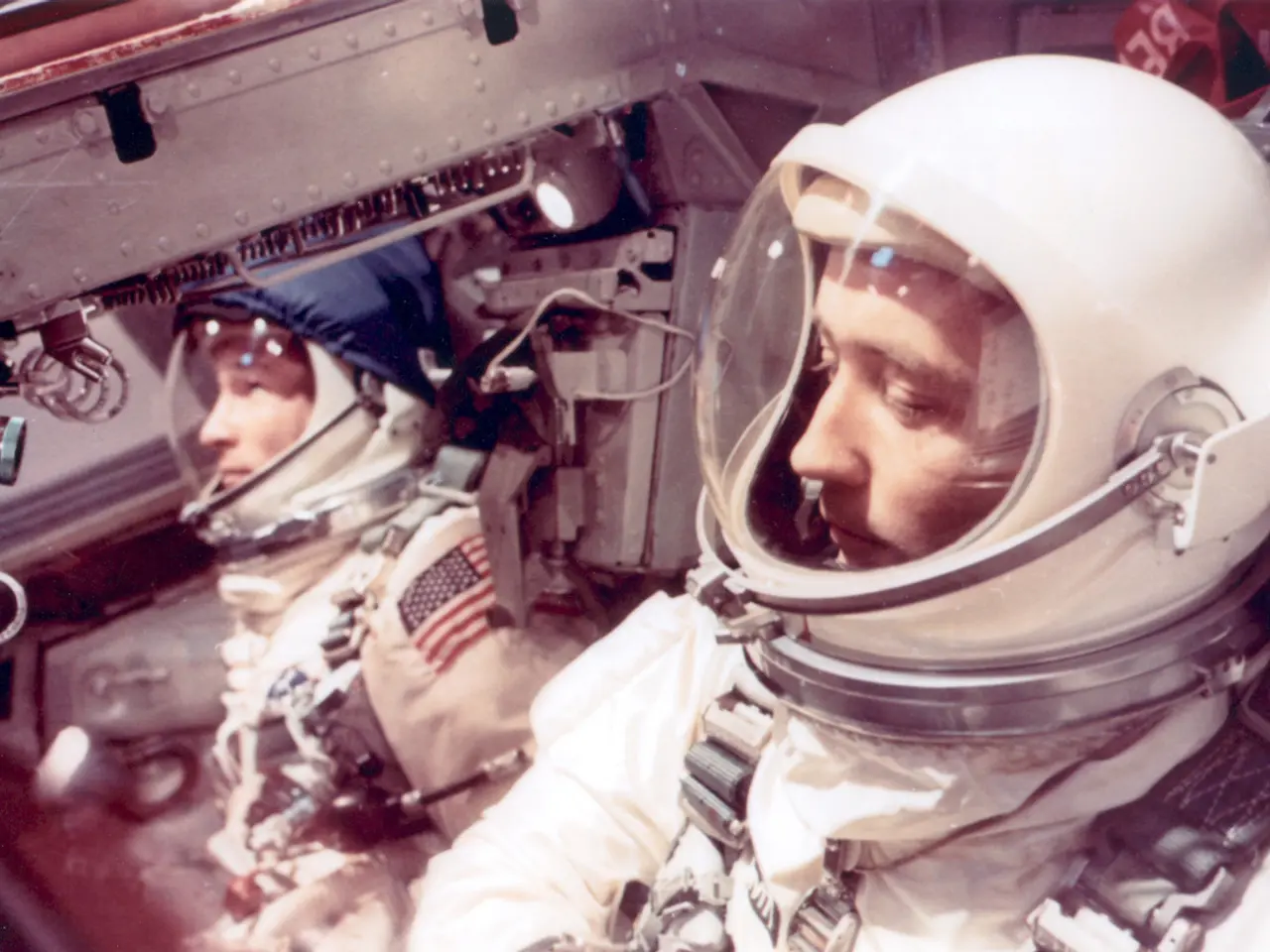Human Stem Cell Aging Through Spaceflight May Provide Insight for Cancer and Age-Related Disorder Simulation
In a groundbreaking discovery, researchers from the University of California San Diego Sanford Stem Cell Institute have found that spaceflight accelerates the aging of human hematopoietic stem and progenitor cells (HSPCs). This study, which utilised automated artificial intelligence (AI)-driven stem cell-tracking nanobioreactor systems during four SpaceX Commercial Resupply Services missions to the International Space Station (ISS), builds on the findings of the NASA Twins Study and the seminal work of the Space Omics and Medical Atlas group.
The astronaut who served as the subject of this landmark experiment, spending 340 days on the ISS from 2015 to 2016, is Scott Kelly. The findings showed that the cells lost some of their ability to make healthy new cells, became more prone to DNA damage, and showed signs of faster aging at the ends of their chromosomes after spaceflight. Additionally, the cells showed signs of inflammation and stress inside their mitochondria.
One of the key observations was that the cells began activating hidden sections of the genome that are normally kept quiet to maintain stability. This activation led to changes in inflammatory cytokines, mitochondrial DNA amplification, protein translation, and mitochondrial gene expression. Some of the damage in space-exposed cells began to reverse when they were later placed in a young, healthy environment.
The research team concluded that short-duration spaceflight models of accelerated HSPC aging may provide insights into terrestrial human aging and age-related malignancies. The findings may also provide guidance for therapeutic strategies to mitigate space-specific changes in the expanding space economy. Moreover, the study supports the development of biological markers to detect stress-induced aging early.
The researchers suggest that the methods and findings from their study can help predict and understand the observed molecular changes for longer-duration or further destination spaceflight missions. They plan to extend their work with additional ISS missions and astronaut-based studies.
The implications of this research extend beyond the realm of space exploration. The research has implications for understanding the mechanisms of aging and age-related diseases, such as cancer, on Earth. The study's findings underscore the need for new countermeasures to protect stem cell function during extended space missions, and could potentially lead to advancements in the understanding and treatment of age-related diseases on our home planet.
In a novel approach, the researchers developed a nanobioreactor platform to culture human stem cells in space and monitor them with AI-powered imaging tools. This platform could pave the way for future studies in this field, contributing to our understanding of the effects of space travel on the human body and potentially leading to breakthroughs in medical research.
Read also:
- Understanding Hemorrhagic Gastroenteritis: Key Facts
- Stopping Osteoporosis Treatment: Timeline Considerations
- Tobacco industry's suggested changes on a legislative modification are disregarded by health journalists
- Expanded Community Health Involvement by CK Birla Hospitals, Jaipur, Maintained Through Consistent Outreach Programs Across Rajasthan








